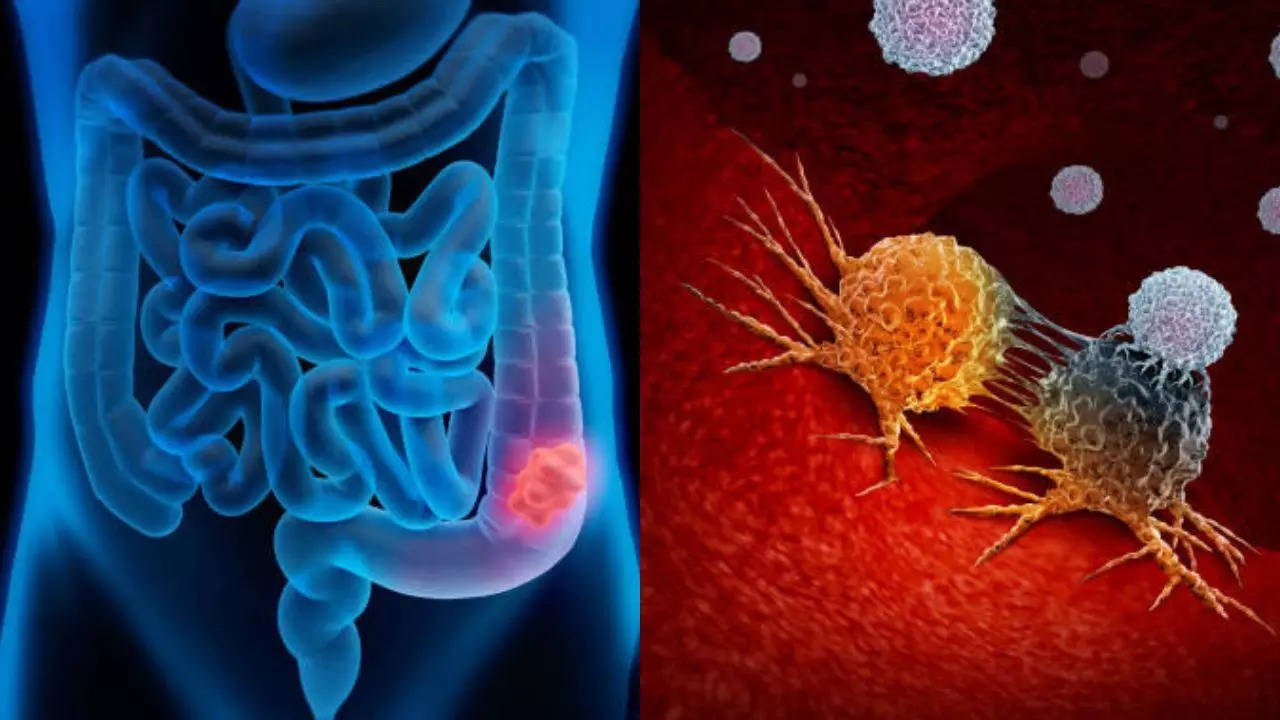
Min Li, Ph.D., a George Lynn Cross Professor of Medicine, Surgery and Cell Biology at the University of Oklahoma College of Medicine and Associate Director for Global Oncology at OU Health Stephenson Cancer Center, will receive the 2024 Palade Prize from the International Association of Pancreatology.
The Palade Prize, the IAP's most distinguished award for research excellence, recognizes Li's contributions to the field of pancreatology, which is dedicated to discovering new methods of identifying, diagnosing and treating diseases of the pancreas such as pancreatic cancer. The award is named after George E. Palade, who won the Nobel Prize in 1974 for his pioneering work involving a specialized pancreatic cell type.

Li will receive the prize during the IAP annual meeting Dec. 9-12, and he will give a lecture on cancer cachexia and metabolic reprogramming. Li has been continuously funded by the National Cancer Institute, a component of the National Institutes of Health, for the past 15 years, including three active R01 grants.
His contributions to science focus on three areas: Related Stories Western diet accelerates endometriosis growth and disrupts gut health Healthy low-carb diet and time-restricted eating improve weight loss and gut health beyond calorie restriction Diabetes drugs cut asthma attacks by up to 70%, reshaping treatment options Development of a combination therapy for pancreatic cancer using a novel surgical mouse model. As part of this work, his laboratory was the first to discover the role of a zinc transporter called ZIP4 in both pancreatic cancer and cachexia, a muscle-wasting condition that often occurs in tandem with pancreatic cancer. Metabolic reprogramming and muscle wasting in pancreatic cancer.
In this area, Li searches for a method of controlling the rapid weight loss of cachexia, which has no treatment. He is currently focused on the role of several enzymes and growth factors in the progression of cachexia. Immunotherapy of pancreatic cancer.
Because most immunotherapy drugs alone are not effective against pancreatic cancer, Li's team developed a phototherapy/immunotherapy combination treatment that has been highly effective in mice with metastatic pancreatic cancer. Li has published 216 articles in high-impact peer-reviewed journals and has given presentations on his research around the world. He has also mentored more than 30 graduate students and postdoctoral fellows, who have gone on to research careers in academia and industry, as well as junior faculty members who are beginning their careers.
Li is immediate past president of the American Pancreatic Association and is a standing member of the NIH Developmental Therapeutics study section and an ad hoc member of many other NIH study sections. He is editor-in-chief for the journal Cancer Letters and is an editorial board member for several other prestigious journals, including Clinical Cancer Research and BMC Medicine . He is also a member of the American Association for Cancer Research and the Association for Academic Surgeons.
He holds several other titles at OU Health Sciences, including Assistant Dean for International Research Collaboration in the OU College of Medicine; Vice Chairman for Research in the Department of Medicine and Department of Surgery, OU College of Medicine; and co-leader of the Cancer Biology Program at OU Health Stephenson Cancer Center. He also holds the Virginia Kerley Cade Endowed Chair in Cancer Treatment. University of Oklahoma.














